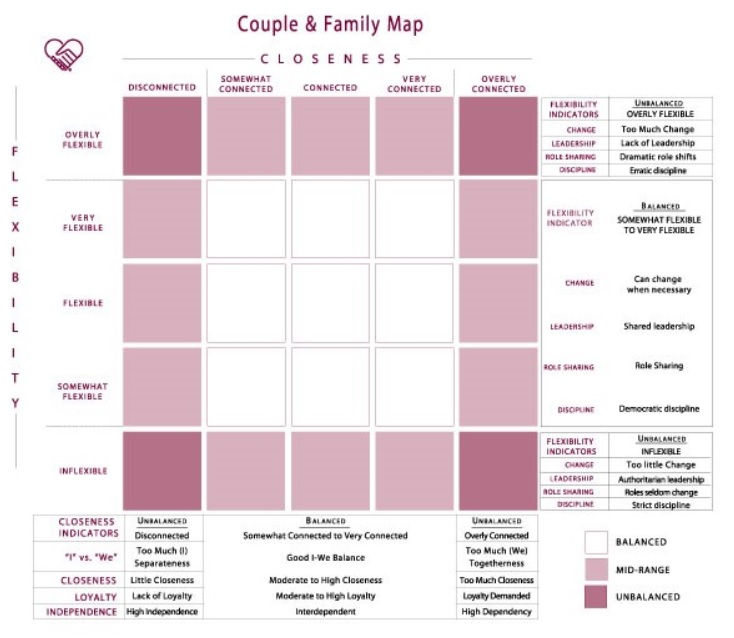Couples Counseling
- rogerlinpsyd
- Feb 28, 2023
- 3 min read
Updated: Mar 14, 2023
One of the most rewarding aspects of my work is helping relationships heal, reconcile, and grow. Here are some of the tools that couples have found effective:
1. Identify and address the negative cycle in the relationship
A common relational pattern that couples fall into and get stuck in is the: attack and shut down cycle. One partner will attack and criticize, and the other partner will avoid and shut down. The more the partner attacks, the more the other person withdraws, and back and forth the pattern goes. You address this negative pattern by having the attacking partner soften their approach, and having the withdrawing partner over-communicate to engage.


2. De-escalate relational conflicts
Warning signs when you are susceptible to escalating: Let your partner know when you are tired, hungry, stressed, and more sensitive to react to perceived attacks.
Let your partner know when you are triggered, when your flight, fight, freeze response is activated.
Let your partner know how you are reacting because you are triggered.
Let your partner know what coping skills you are engaging with to de-escalate.
Examples of coping skills to de-escalate: Remove yourself from the room. Take a break. Step outside for fresh air. Go for a walk. Put on some music. Work out. Stretch. Take deep breaths.
Continue to exchange information on how you are working to de-escalate conflicts.
After you have a strategy to de-escalate conflicts, re-engage to resolve the conflict together.

3. Communication
Speaking: A communication problem with speaking is yelling, name calling, blaming, and attacking. To address this, use "I statements: I think, I feel, I want." Instead of starting sentences with "You...", start with, "I..."
Listening: A communication problem with listening is not listening. To address this, parrot back what your partner said. "I hear you said that you are not happy."
Interpreting: A communication problem is misinterpretation. Ask each other, "What did you hear me say?" and "What are you trying to say?"

4. Repair
a. Admitting fault is not just saying, "I'm sorry." A full apology includes: admitting you were wrong, understand the consequence of your actions, expressing remorse for what you've done, and an actionable plan to make repairs and to not do it again.
b. Forgiveness is not just saying, "Let it go, let's forget it and move on." Forgiveness is making the commitment to let go of the hurt your partner caused and to let go of the desire for revenge. Forgiveness is holding onto that commitment even when you still remember and feel hurt.
c. Reconciliation is valuing your partner and your relationship more than the conflict. It is establishing safety in the relationship to connect. It is re-establishing trust by communication expectations and working to meet them. It is loving one another through consistent loving actions.
d. Conflict resolution is agreeing to discuss the problem together. It is defining and agreeing on the problem. It is hearing one another's ideas of how to solve the problem. It is agreeing to a solution to resolve the problem.

5. Fondness and Admiration
Share one another's hopes and dreams. Share short term and term dreams for yourself: for your physical health, career, finances, mental health, social, spiritual lives. Share all your hopes and dreams, needs, and wants. Share your goals for your relationship and for your family.
Express what you love for one another.
Share your hurts and pains. Empathize and care for the wounds and scars that your partner carries.
Communicate gratitude for one another. Acknowledge the good you see in your partner.
Practice patience and acceptance for your partner, imperfections and all.


Comments